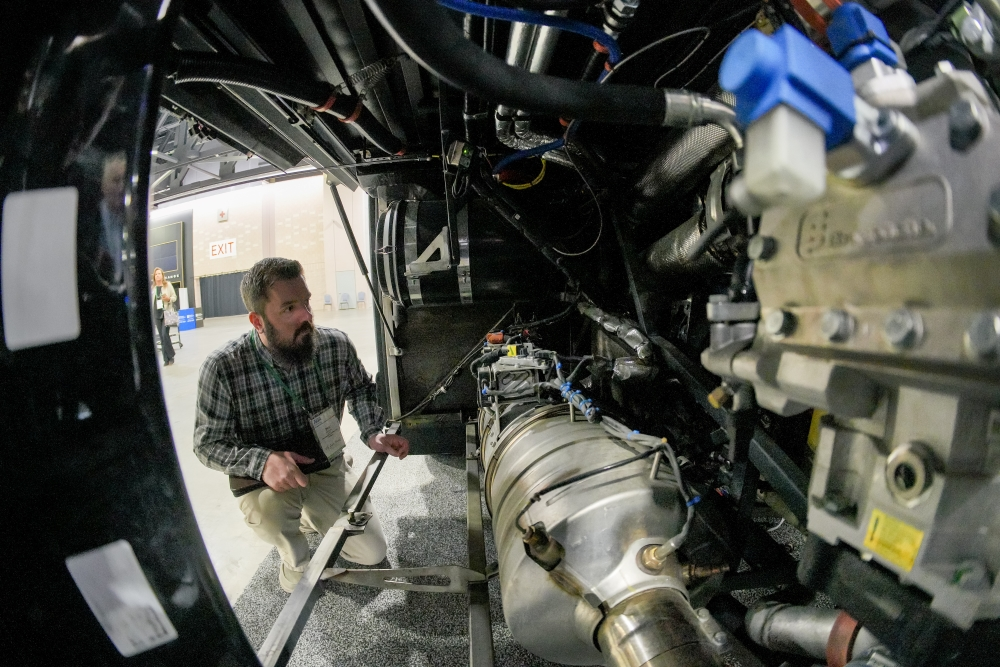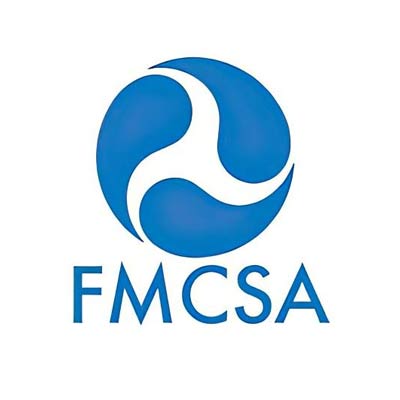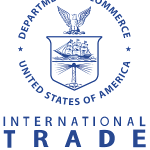Senate Blocks California Commercial Vehicle Emissions Waivers

In a significant win for the private motorcoach industry and interstate commerce, the U.S. Senate recently voted to rescind Environmental Protection Agency (EPA) waivers that allowed the California Air Resources Board (CARB) to impose more stringent emissions standards on heavy-duty vehicles than those required by federal law. The move is being hailed by transportation stakeholders—including ABA—as a necessary step to protect supply chains, reduce regulatory burdens, and preserve consumer choice. ABA had previously sent a letter to the Biden administration EPA urging the agency to withhold decisions on these waiver requests—a request that was ultimately not granted.
The Senate passed two Congressional Review Act (CRA) resolutions — H.J. Res. 87 and H.J. Res. 89 — to overturn waivers granted to California’s Advanced Clean Trucks (ACT) rule and Omnibus NOx rule. The ACT resolution passed by a vote of 51-45, and the NOx resolution passed 49-46. The House previously approved both measures. The resolutions now head to President Trump, who is expected to sign them into law.
Relief for the Motorcoach Industry
ABA has long expressed concern over CARB’s unilateral regulatory actions. The ACT and NOx rules would have imposed substantial compliance costs, even though most private motorcoaches do not operate exclusively within California or other CARB-aligned states.
The Omnibus NOx rule poses a direct threat to motorcoach operators. Beginning with the 2024 model year, it would have significantly tightened emissions requirements for heavy-duty diesel engines used in vehicles over 10,000 pounds—a category that includes nearly all motorcoaches. The rule also included mandates for longer emissions warranties and increased engine durability standards, further driving up costs for fleet operators.
By blocking the NOx rule, Congress has prevented a patchwork of conflicting state and federal mandates that would have disrupted long-range planning and increased costs across the entire national fleet.
ACT Rule: Uncertainty for Future Fleet Investments
While motorcoaches were technically exempt from the ACT rule, the broader market implications were unavoidable. The ACT rule required truck and bus manufacturers to steadily increase the percentage of zero-emission vehicles sold in California and ten aligned states, aiming for full compliance by 2036. While CARB’s companion Advanced Clean Fleets (ACF) rule — which would have imposed similar requirements on purchasers — was withdrawn in January 2025, the ACT rule alone would have reshaped vehicle availability and pricing nationwide.
Now that the ACT waiver has been rescinded, the legal standing of the Clean Truck Partnership (CTP) agreement — a voluntary deal between CARB and major truck and engine manufacturers — is being called into question. The CTP required manufacturers to comply with ACT even if the rule was struck down. Industry leaders argue this deal effectively circumvented federal law and imposed de facto mandates on states that never adopted the ACT rule.
A pending lawsuit in Nebraska could further challenge this agreement. Filed by the state attorney general and other industry groups, the suit alleges the CTP violates state antitrust laws by restricting the supply of internal combustion engine vehicles and driving up prices in states that opted out of ACT.
Legal and Regulatory Uncertainty Remains
Despite the Senate’s action, legal questions persist. The Senate Parliamentarian had previously advised that EPA waivers may not qualify as “final rules” under the CRA, which could render the congressional resolutions legally vulnerable. Senate Majority Leader John Thune (R-SD) overruled that opinion to advance the resolutions to a floor vote.
California Governor Gavin Newsom has already pledged to challenge the resolutions in court. Should a court overturn the waiver rescissions, EPA would need to pursue a formal rulemaking process to revoke them, which could take years.
Regardless of legal challenges, one thing is clear: the ACT and NOx waivers are no longer in effect for now, lifting the immediate threat of a fragmented regulatory landscape that could have created logistical and financial chaos for private motorcoach companies and other national fleet operators.
A Win for Common-Sense Regulation
This outcome restores a level playing field for now, preventing one state from setting de facto national standards. A broad coalition of transportation, energy, and agricultural stakeholders had urged Congress to act, citing high costs, uncertain supply chains, and inadequate charging infrastructure for heavy-duty electric vehicles.
The private motorcoach industry remains committed to reducing emissions and investing in cleaner technologies. But those investments must be driven by realistic timelines, consistent national standards, and infrastructure readiness — not by mandates that ignore operational realities and motorcoaches’ unique role in connecting communities across the country.
The ABA advocacy team is closely coordinating with partners in the trucking industry to monitor developments and defend against regulatory overreach and will continue to provide timely updates and guidance as this situation evolves.



